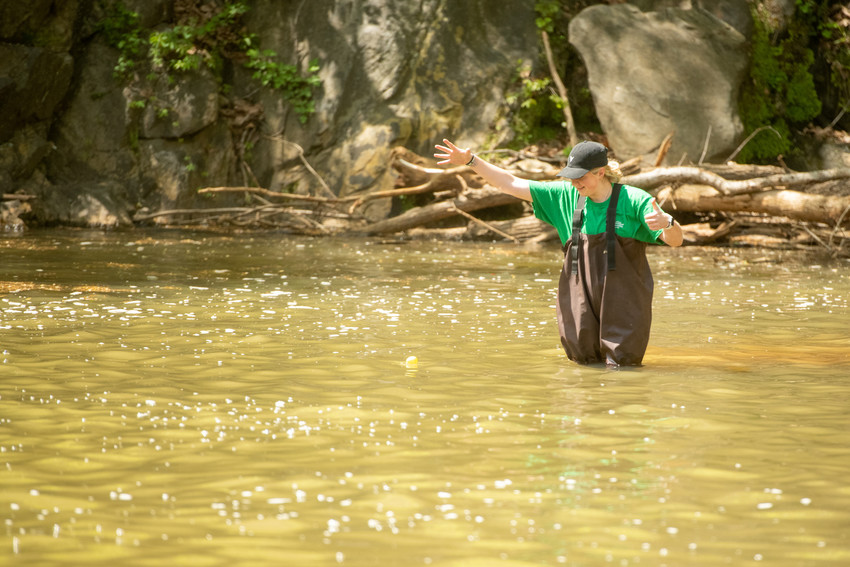Biology Major
September 18, 2014 2025-03-17 9:23Biology Major
Explore the Living World
Biology Major
Uncover the secrets of life's complex systems and forge your path in scientific discovery
Experience
Prepare
Accredited
Bachelor of Science in Biology
The University of Lynchburg’s biology major is a comprehensive program that explores living organisms and their relationship with the environment. It includes a range of topics and can lead to diverse and exciting career paths.
As a biology major, you can choose to focus on the relationship between living things and their environment, biology related to human health, or the microscopic building blocks of life on Earth. To support your studies, you’ll take complementary courses covering chemistry, math, education, physics, and more. The program culminates in seminars, case study courses, and experiential learning.
No matter where your education and career path leads you, Lynchburg’s biology program will equip you with scientific skills, an appreciation for the diversity of life, and a lifelong love of learning.
Curriculum and Resources
24-2025 Academic Year Information
Program requirements for the following can be found in the undergraduate catalog.
- Biology Major/Degree
What Jobs Can I Get With A Biology Degree?
Career paths stemming from a degree in biology can take you in many different directions. Whether you see yourself working in a lab, out in the field, in a classroom, or in a clinic, this major will equip you with broad-based scientific knowledge and research skills you can apply to a groundbreaking and rewarding job.
Biochemists and biophysicists study the chemical and physical principles of living things and biological processes.
Median pay: $103,810
Biological technicians help biological and medical scientists conduct laboratory tests and experiments.
Median pay: $49,650
Environmental specialists and scientists use their knowledge of the natural sciences to protect the environment and human health.
Median pay: $76,480
High school teachers teach academic lessons and various skills that students will need to attend college and enter the job market.
Median pay: $62,360
Microbiologists study microorganisms.
Median pay: $81,990
Zoologists and wildlife biologists study animals and how they interact with their ecosystems.
Median pay: $67,430
Salary and job projections come from national averages in the Bureau of Labor Statistics and other sources. The data is meant to provide you with an idea of career options and salary ranges, not as a guarantee of obtaining these positions after graduation. These represent national averages and may vary by source and time frame collected. Actual salaries vary by region. Some jobs may require additional training or graduate education.



















